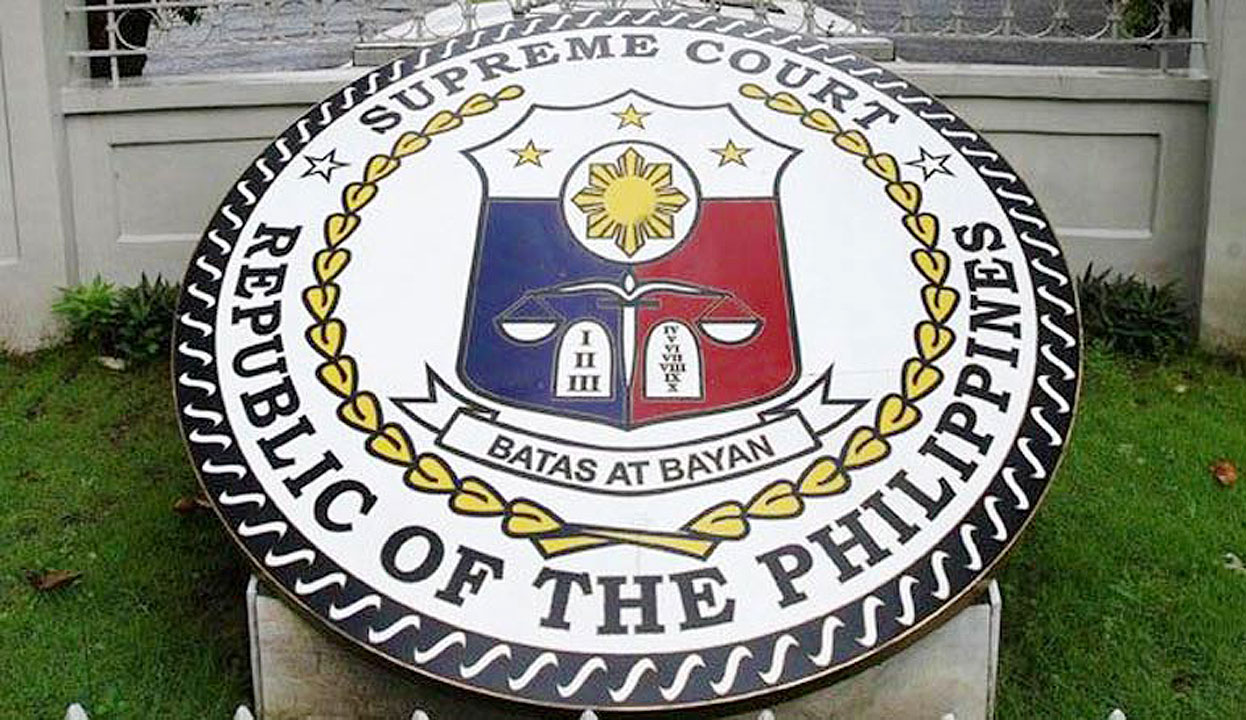
THE SUPREME COURT (SC) has upheld the validity of an amendment to the law on customs and tariffs, which allows a declarant or his lawyer to sign a declaration of goods.
In a statement on Tuesday, the tribunal cited a Feb. 20 ruling that rejected the Chamber of Customs Brokers, Inc.’s (CCBI) petition challenging the legality of the Customs Modernization and Tariff Act, saying the law struck a balance between “customs functions of control and trade facilitation.”
“The Customs Modernization and Tariff Act, which limits the powers of customs brokers, is in line with making Philippine laws consistent with international standards and customs best practices,” the SC said.
“The signing of goods declarations is no longer exclusive to customs brokers in that such act of signing may already be performed by the declarant himself or their agent or attorney,” it added.
In 2016, Republic Act 10863, the law in question, was enacted, allowing an entity declaring goods to also “dispose of goods.”
The CCBI argued in its petition that the law violated the equal protection clause in the Constitution, which provides that no person shall be deprived of life, liberty, or property without due process of law, nor shall any person be denied the equal protection of the laws.
But the High Court said it failed to provide enough proof that the law violated the constitutional provision.
“When the due process and equal protection clauses are invoked, considering that they are not fixed rules but rather broad standards, there is a need for proof of such persuasive character as would lead to such a conclusion,” the SC said. “Absent such a showing, the presumption of validity must prevail.” — John Victor D. Ordoñez



